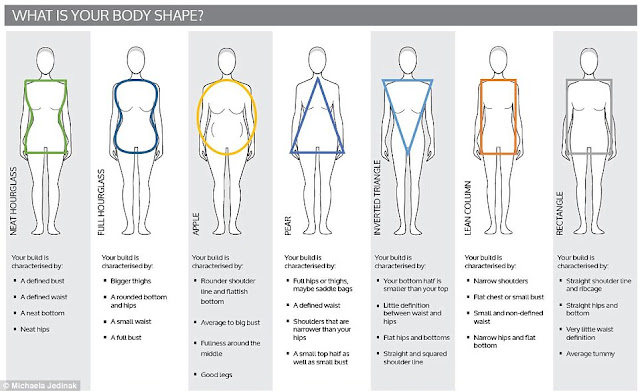Simple Tips To Make Healthy Choices At The Supermarket
When you walk into a supermarket, you might just think of it as a mundane task – you need to grab the items that you need for the coming weeks and stock up your pantry. You stroll through the super market maze, designed perfectly to send you past all those products you had no intention of buying in the first place.
Without adequate information and with such an abundance of choice, you pile up your cart with food products that you don’t even need. When you get home, that’s when the guilt invariably sets in, as you realize you were suckered by marketing geniuses. Fortunately, you won’t have to deal with that feeling of helpless guilt for too long.
How To Make Healthy Supermarket Choices
I’ve got some tips to help you navigate the supermarket aisles like a pro, so as to make informed choices that won’t undermine your efforts at eating clean. Here’s how you can master the art of grocery shopping:
1. Make A List
“When you have a pre-planned shopping list, you are less likely to deviate & make impulse purchases”
Shopping lists may sound outdated, but making a grocery list can provide a disciplined approach to your shopping spree. Making a list is not as time consuming or tedious as we imagine it to be; just put aside 5 minutes in a day to look at your staples and perishable produce, plan meals if you can, contemplate on what you and your body needs and jot it all down.
It’s literally that simple. Virtual diaries and health apps can make it even more fun, as many also include meal planners and reminders!
2. Keep It Simple & Seasonal
“Seasonal & local produce is naturally ripened & contains less chemicals for preservation – they are also more eco-friendly”
Seasonal and simple local produce ensures that you are having the tastiest and healthiest natural produce. These foods are at their peak in terms of nutrition, flavor and texture, which is precisely what you need.
Exotic fruits and veggies may be tempting, but for these foods to survive their cross-continental trips, they are treated with a variety of chemicals for preservation, ripening, and also refrigerated. Aside from the health consequences, this practice also causes considerable environmental damage.
3. Weigh Your Options – Literally:
“When buying foods that are meant as occasional treats, don’t buy more than you need – discounts & freebies will just give you more calories”
Advertisers use a variety of gimmicks to trick us into unhealthy choices, yet we keep falling for them. Be more guarded and don’t fall for offers on over-sized coke bottles or Nutella jars that promise ‘25% extra for free’! You won’t be getting more value for money, just more calories and plenty of health risks.
Research now suggests that people eat more when they are confronted with larger portion sizes. That just goes to show how important it is to be wary of these marketing gimmicks.
4. Never Buy Food When You Are Hungry:
“Food choices that we make when hungry are usually unhealthy & calorie-dense; instead plan your food purchases in advance & eat before you shop”
One of the main rules in weight loss dieting is to eat frequent and smaller meals; there’s a reason for this. When we wait till we are actually hungry, we tend to make unhealthy food choices. Researchers found that hungry shoppers find high-calorie foods tempting and that hungry shoppers spent more money, and bought more products, than less-hungry ones.
Game up and hack your mind to avoid those unnecessary food cravings. Couple a fruit with some nuts before you hit the store to provide you with balanced nourishing nutrients. Other smart options include fruit milkshakes, stir fries, toast sandwiches, and so on.
5. Read Food Labels Carefully:
“Packaging can be deceptive, with words like ‘natural’ & ‘healthy’ in bold, but read the fine print – look through ingredient lists carefully to avoid those with excess salt, sugar, trans-fats, & chemicals”
Eating healthy simply boils down to choosing one food over the other and the way to make the he




Comments
Post a Comment